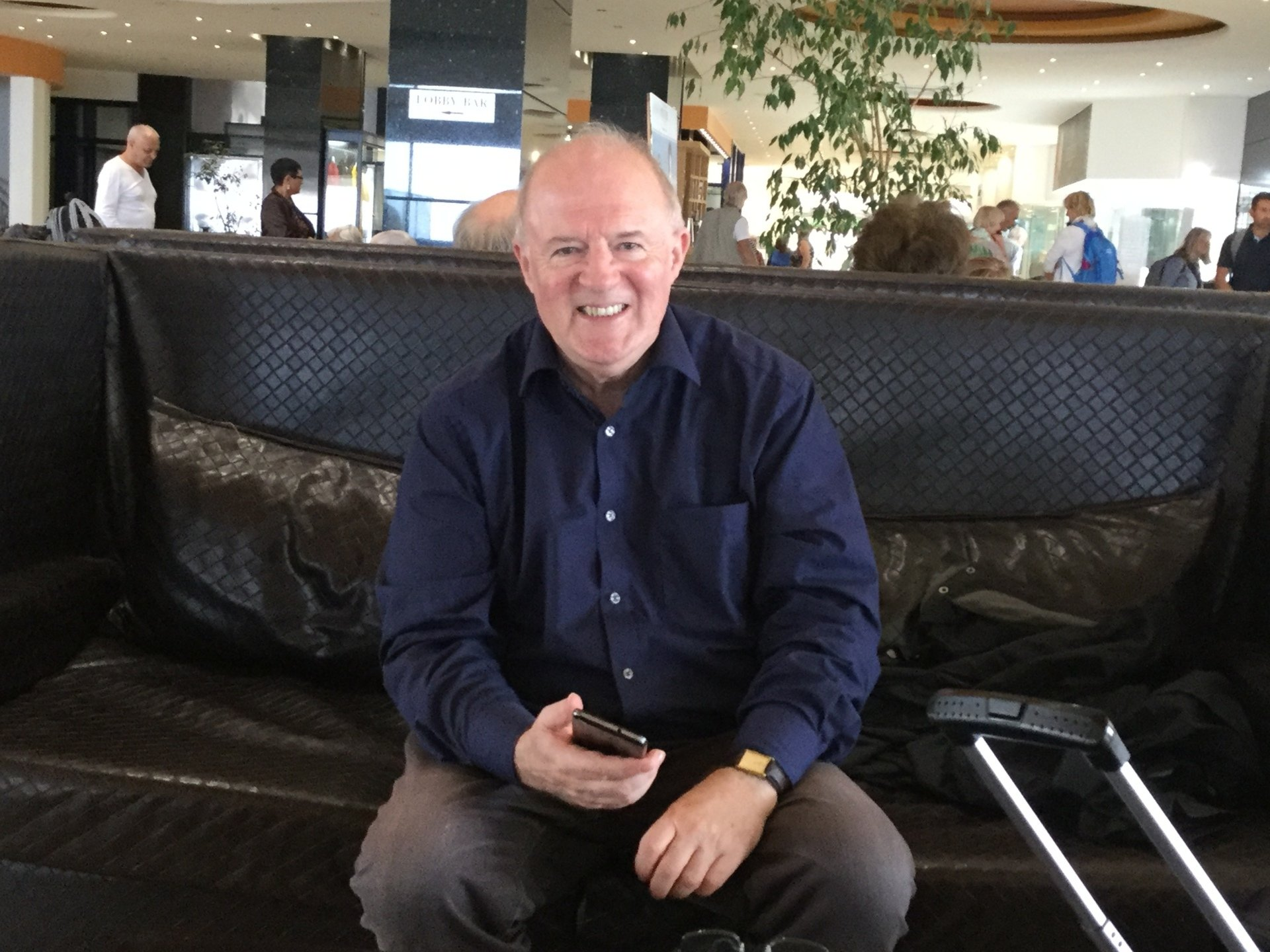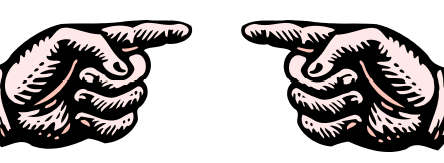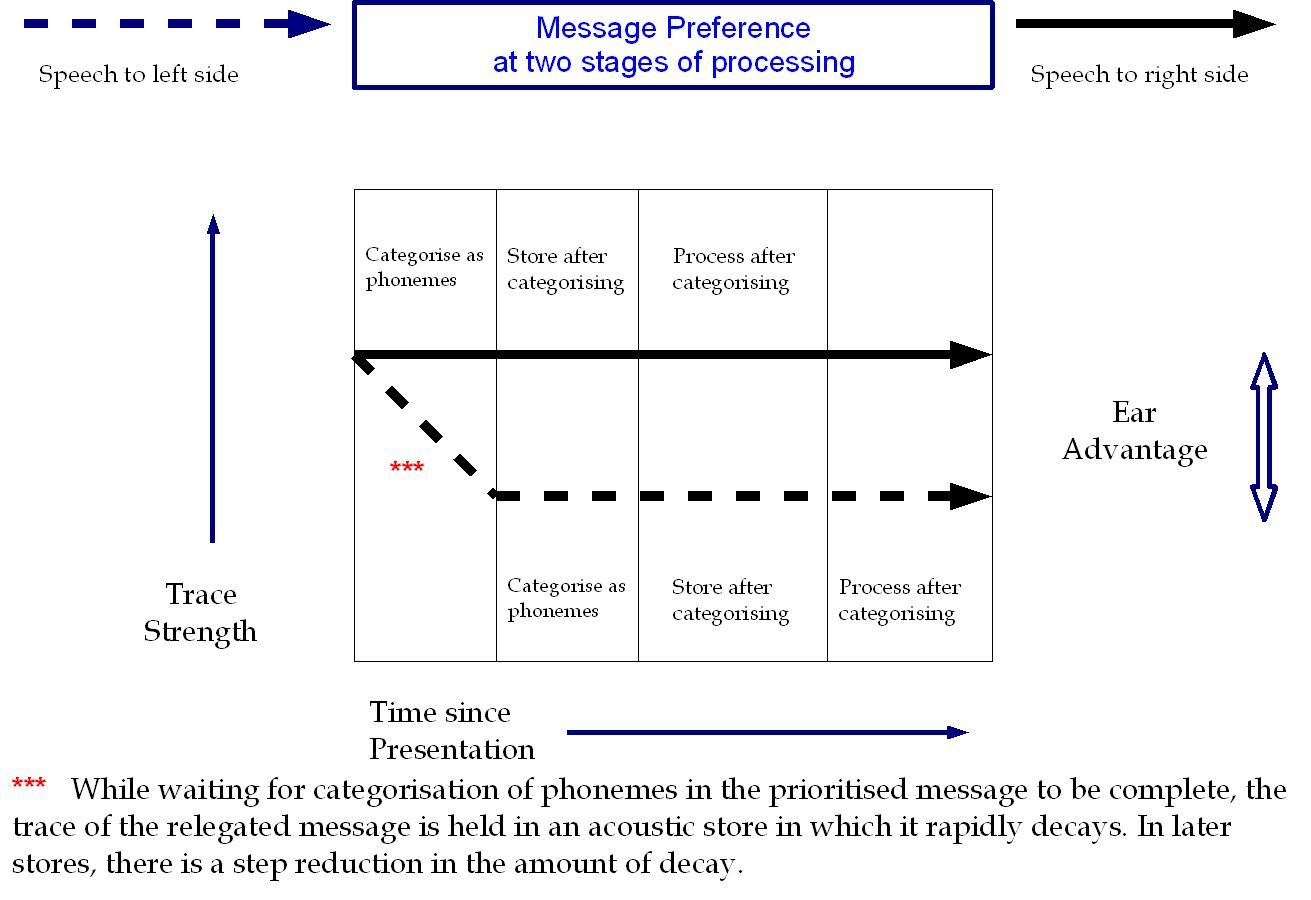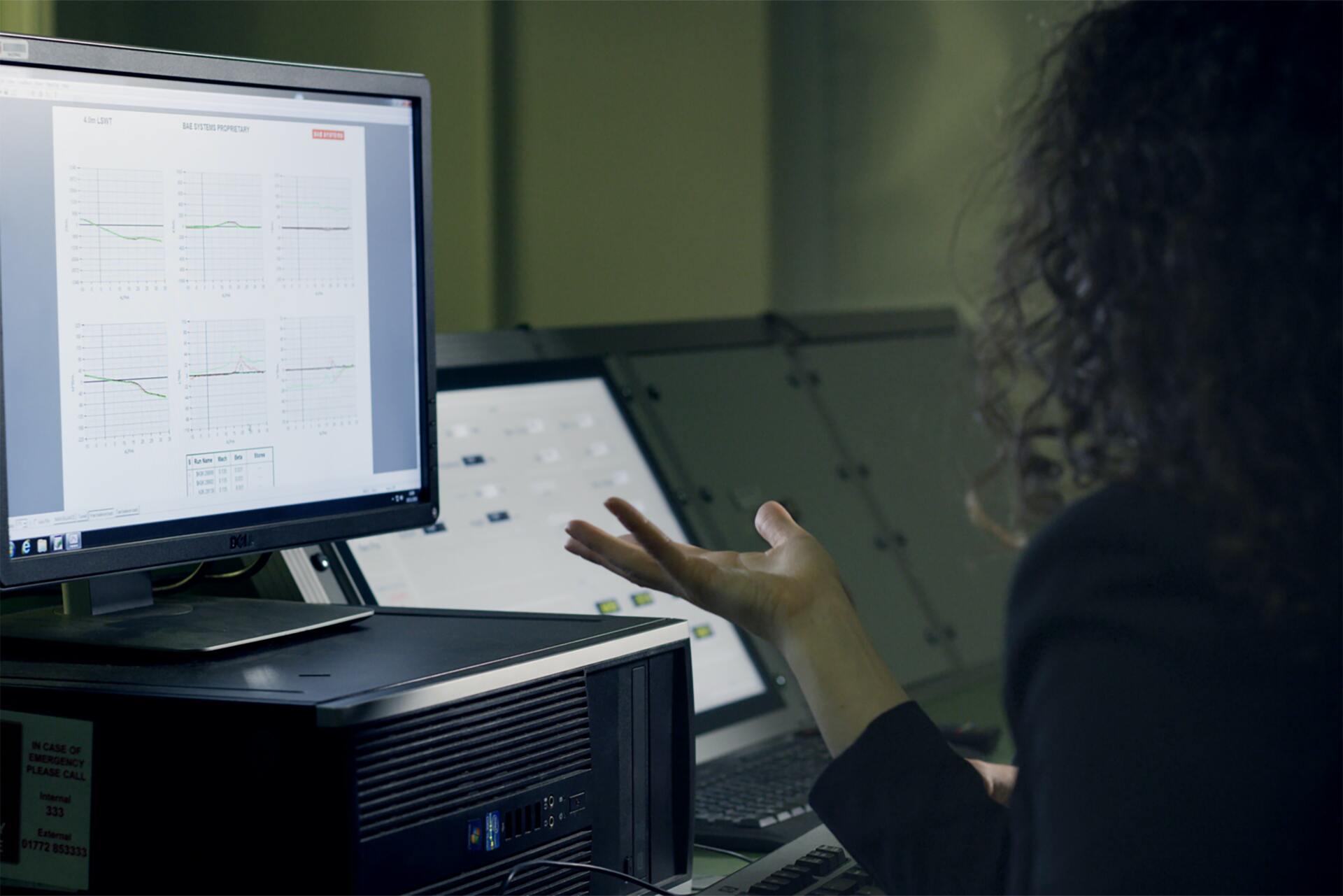In 1968 ace chess programmers challenged me to a game with a program running on a Cambridge University mainframe, an experience that both fascinated and intrigued me, and that was the prelude to an interest in computers that has lasted ever since. I soon started to do statistical analysis of my Psychology experiments by computer (for a long time on University mainframes) and I have used the BMDP, SPSS and Minitab software packages as well as other programs - my latest focus being the free package R (which is similar to S-Plus but operated by a worldwide community of statistical programmers). I have also used personal computers for control of experiments, and for cognitive testing. From about 1985 I adopted word-processing software in preference to the typewriter. Chess remains a hobby involving use of the personal computer, as does another hobby - number theory. The latter has included the learning of numerous computer languages. I have a smattering of FORTRAN, UBasic, C, C++, Java, (SageMath) Python, PASCAL and now use Rust for my main project.
I first bought a machine of my own in 1981. That had an 8-bit word size with 16K of RAM memory - at the time it seemed like awesome power! What I like about computers is that there are so many uses of them - for my part e-mail, browsing, database (handy for cataloguing books and articles), spreadsheet, word processing, developing programs, mainly mathematical in nature, and website design among others. In October 2013 I added an option to boot into Linux Mint to my Windows 7 machine, which proved very worthwhile. That entry-level Intel i3 desktop lasted well over 10 years!
Currently (2023) I am adapting to my own customized workstation for, especially, number crunching with particular reference to factorization. It is i7 with 20 CPU cores and an up-to-date GPU .



